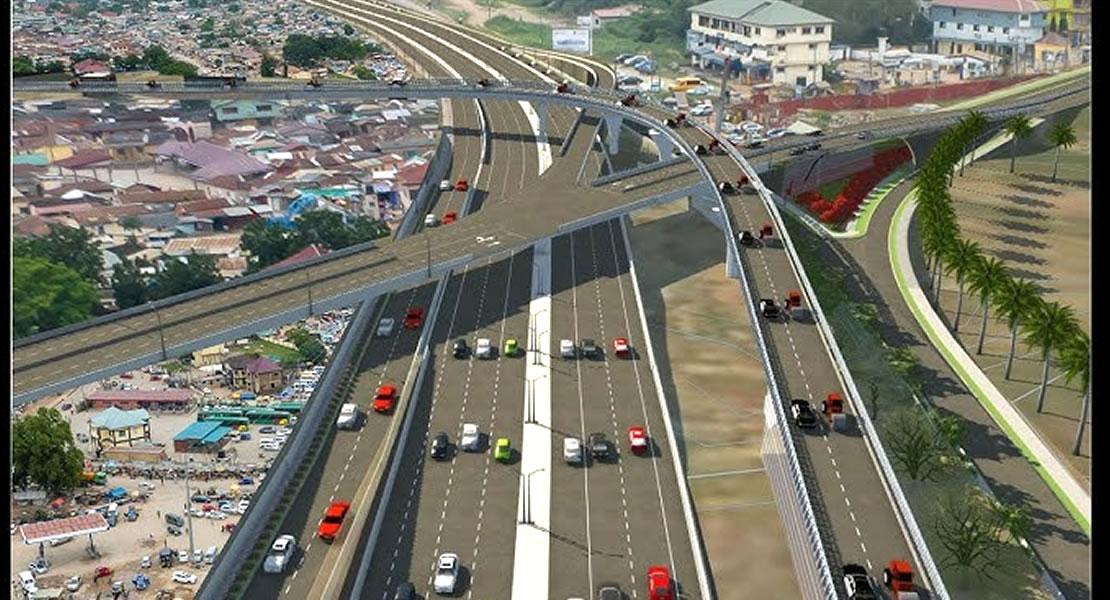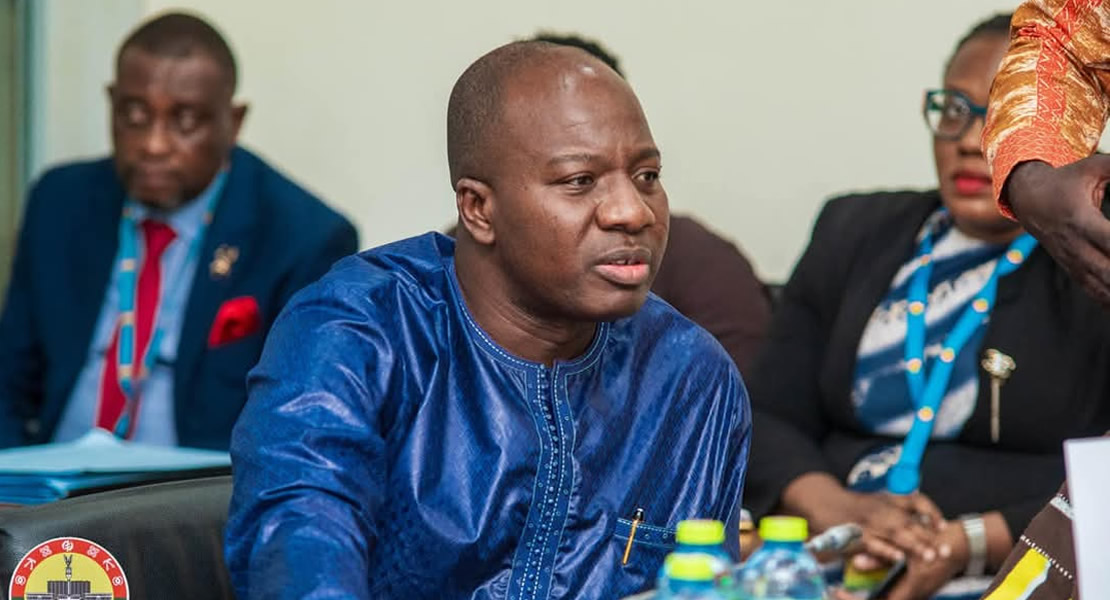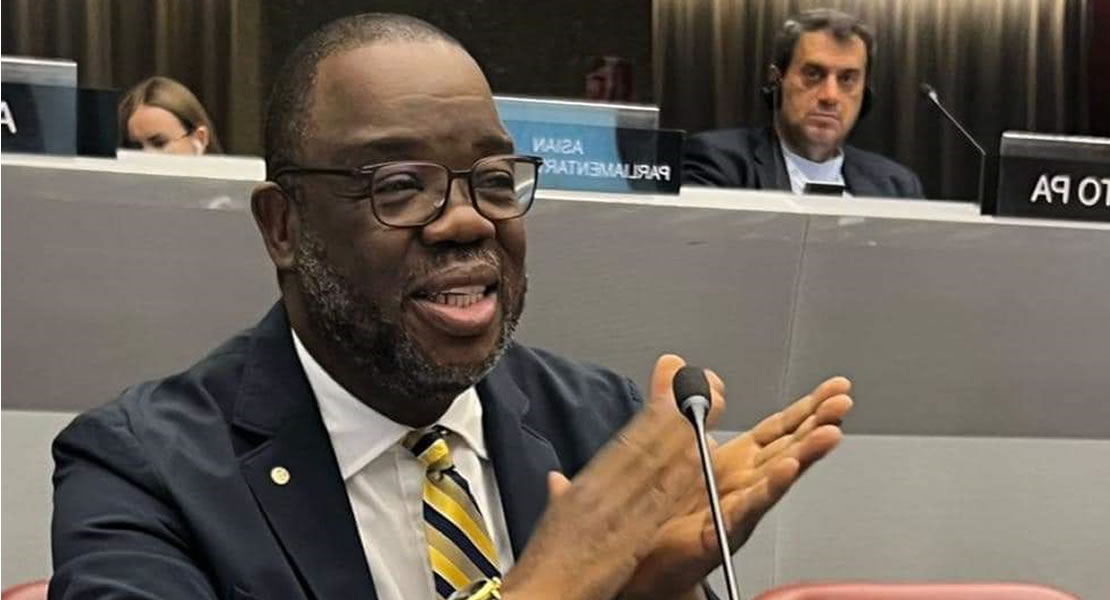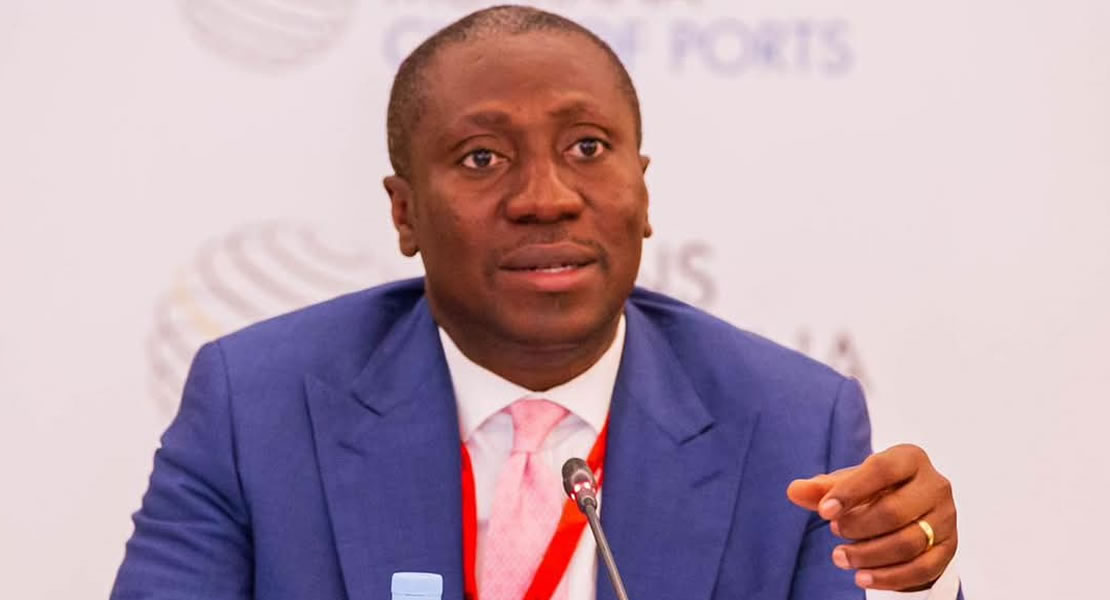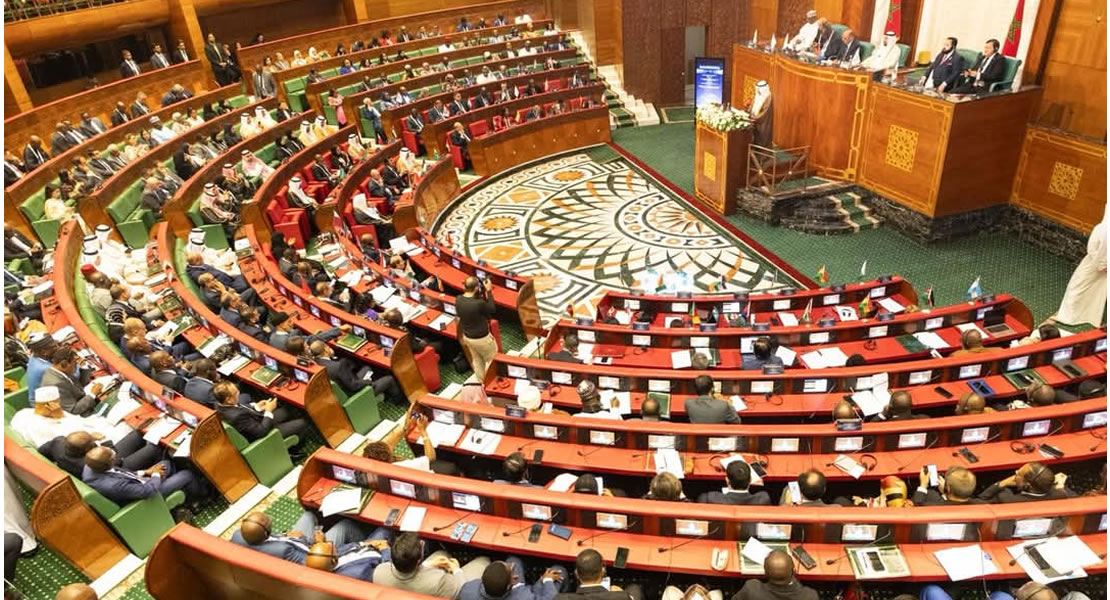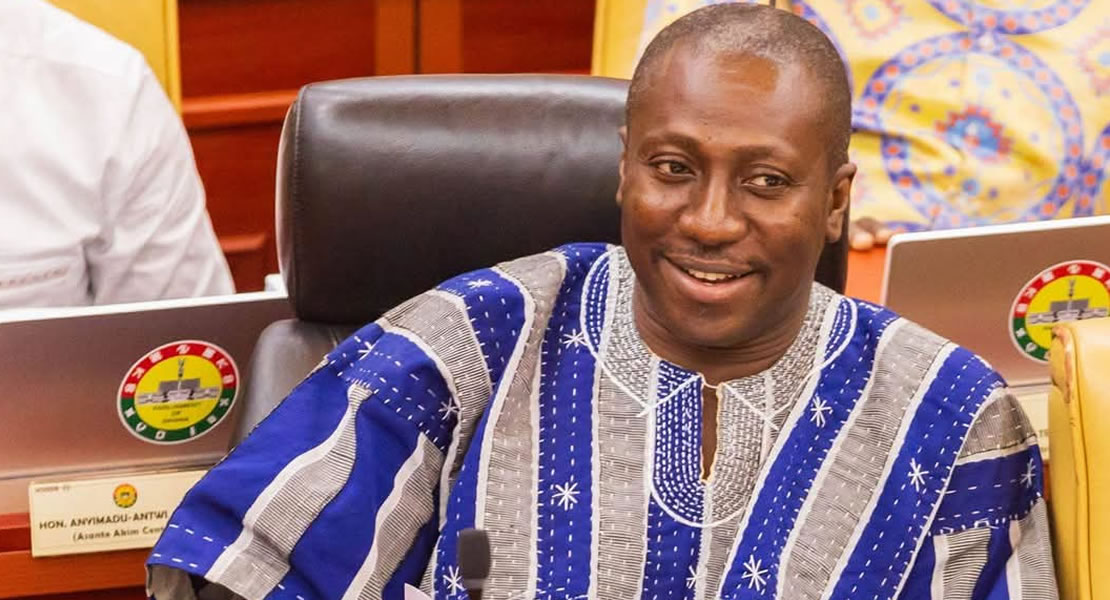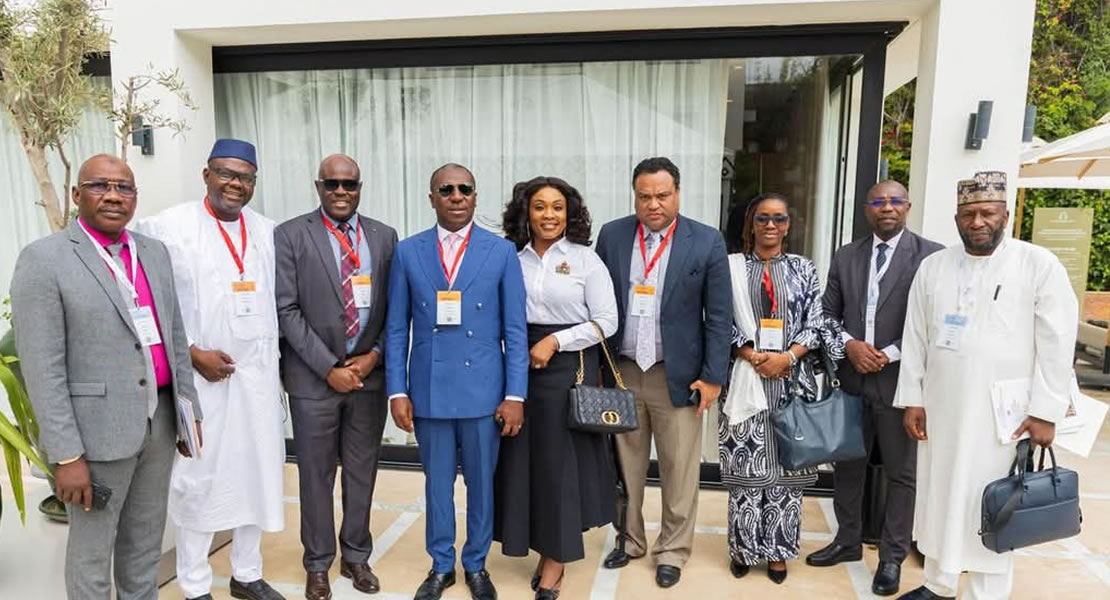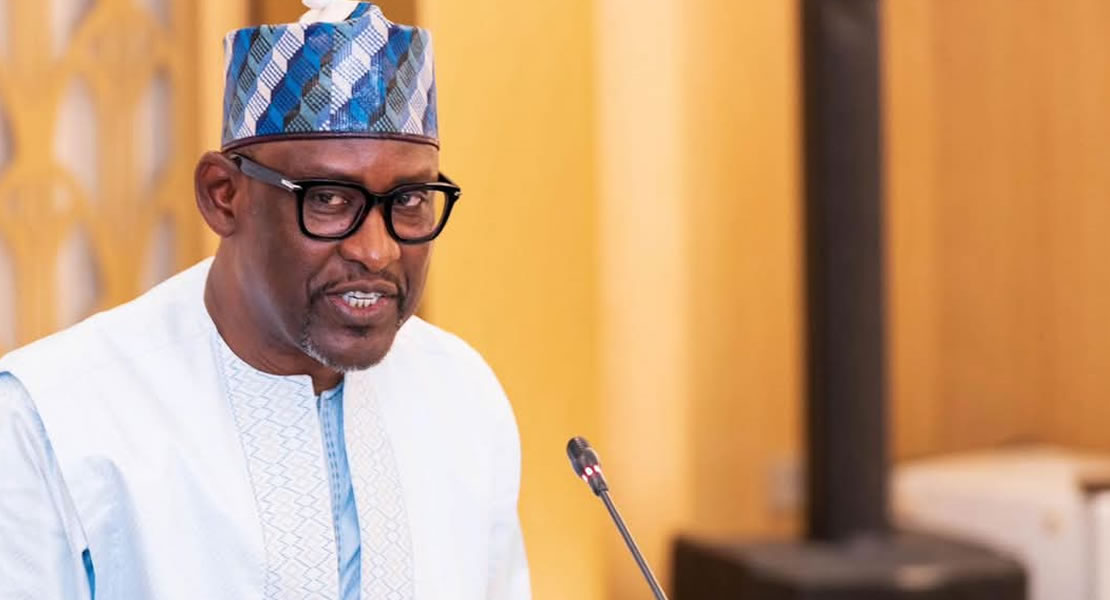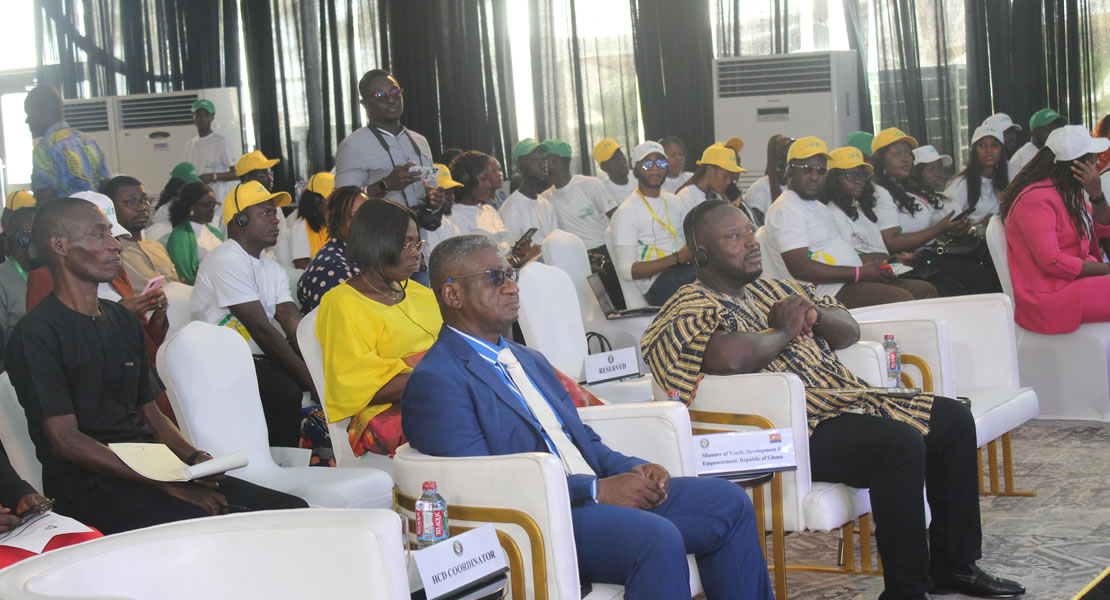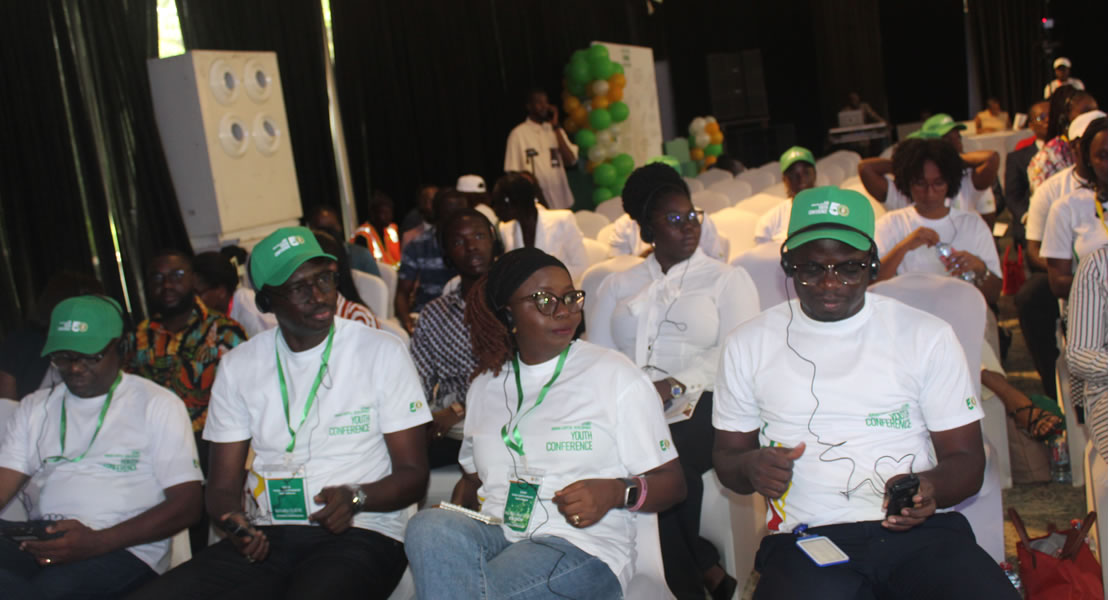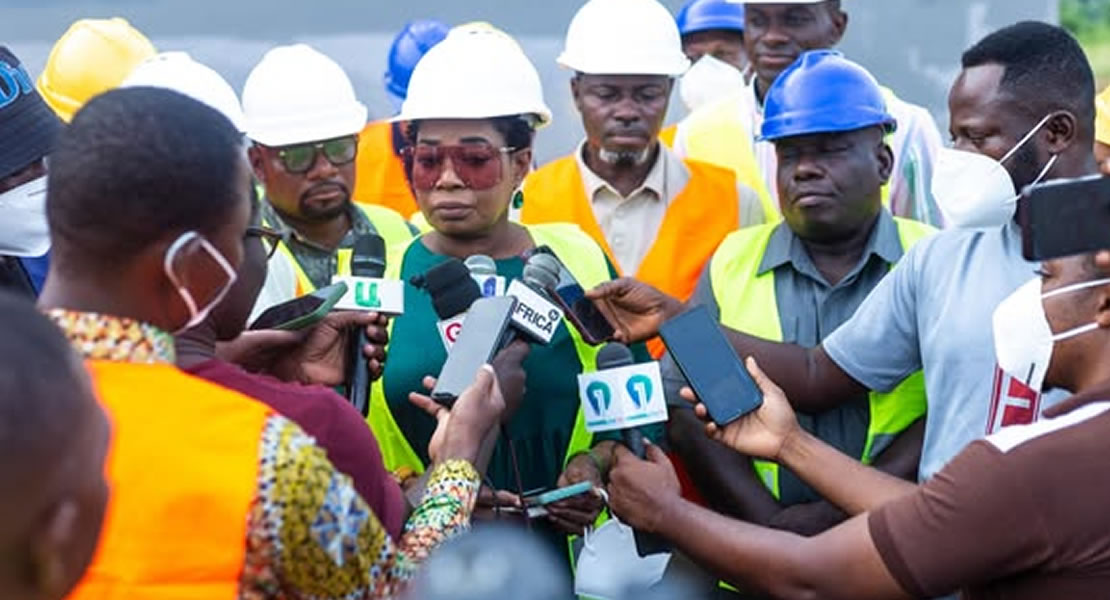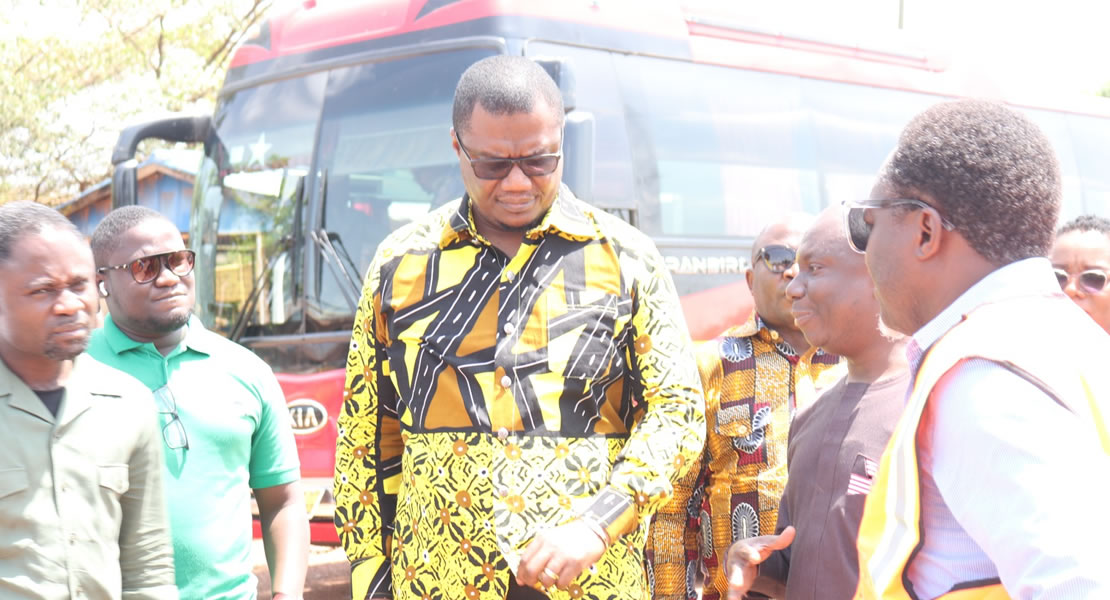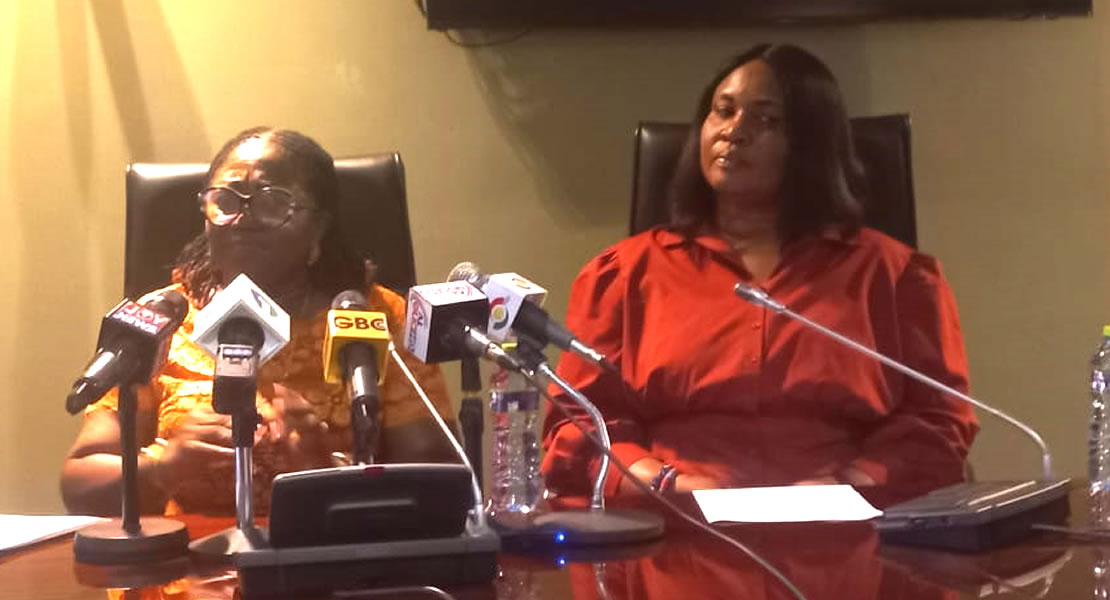The Economic Community of West African States (ECOWAS) Parliament has urged Mali, Burkina Faso, and Niger to reconsider their decision and return to the regional bloc.
The three Sahel countries officially left ECOWAS earlier this year, citing the organization’s deviation from its founding principles and what they perceived as an overreach in imposing sanctions following military takeovers.
In a bid to mend ties and foster unity, the ECOWAS Parliament pointed out the importance of regional integration and cooperation, highlighting the potential consequences of the withdrawal on the socio-economic well-being of citizens in the Sahel region.
The Chairman of the Joint Committee on Delocalized Meeting in Banjul, Gambia, Sen. Edwin Melvin Snowe Jr., while briefing the media at the closing ceremony of a five-day meeting, expressed the parliament’s desire to see the withdrawn countries return to the community.
He said, “We want you back. Let us come together as a team. No matter what, we agree to disagree,” he said.
Sen. Snowe also requested the media to refrain from premature reporting on sensitive matters, saying, “We don’t want premature reportage. So, the meeting’s resolution is going to leave from us to the bureau. The bureau will review it and it goes to the plenary.”
The Chairman thanked the media for their presence and cooperation, stating, “We want to thank you members of the press for being here, for taking time of your business schedule.”
The meeting discussed the political, social, economic, and humanitarian impact of the withdrawal of Burkina Faso, Mali, and Niger from the ECOWAS Parliament.
Sen. Snowe noted that the community has been together for 50 years and that the withdrawal of these countries has been a challenging experience.
He emphasized the importance of teamwork in the parliament, stating that “the work we do here, there’s no good parliamentarian without all of good staff.
“You can be well-educated, all of the education, you have it. But if you don’t have good staff, you don’t have good team; you will not be a good parliamentarian.” He said.
Also, the Chairperson of the Committee on Social Affairs, Gender, Women in Parliament, and Oppressions with Disability, Hon. Veronica Seecay, appealed to the withdrawn countries to put aside their differences and work together with the community.
“We need you people, Burkina Faso, Niger, Mali. We are a bloc; we should be working together,” she said.
The Chairperson highlighted the importance of unity and cooperation among member states, citing the example of ECOWAS’s intervention in Liberia and Sierra Leone during times of conflict.
“We’ve been helping each other. Like for us, who faced the war in Liberia and Sierra Leone. We appreciated the cause that was done by ECOWAS in their intervention to help us coil down the situation in Sierra Leone,” she said.
She also emphasized the impact of conflict on women and children, saying, “When there is a problem, who faced the bulk of it? It’s women and children.” She appealed to the withdrawn countries to consider the impact of their decision on these vulnerable groups.
The Committee Member, Hon. Zainab Gimba in her closing remarks, expressed gratitude to the authorities and people of The Gambia for their warm reception and hospitality.
“We were deeply touched by the warm, fraternal, and gracious reception accorded to us by the authorities and the people of the Republic of The Gambia.
“We hold in high regard the invaluable and decisive role that the Republic of The Gambia continues to play in advancing regional integration and development within ECOWAS institutions, and the ECOWAS Parliament in particular.”
She paid tribute to President Adama Barrow for his commitment to democratic principles and good governance in The Gambia.
She also expressed appreciation to the National Assembly of The Gambia, the Speaker, Fabakary Tombong Jatta, and the Gambian Delegation to the ECOWAS Parliament, led by Hon. Billay G. Tunkara, for their exceptional hospitality.
She commended the distinguished resource persons and participants for their valuable contributions, which enriched the discussions and enhanced understanding of the subject matter.
“We also appreciated the administrative and support staff for their tireless efforts, which ensured the smooth conduct of the meeting.”
Ghanamps.com
